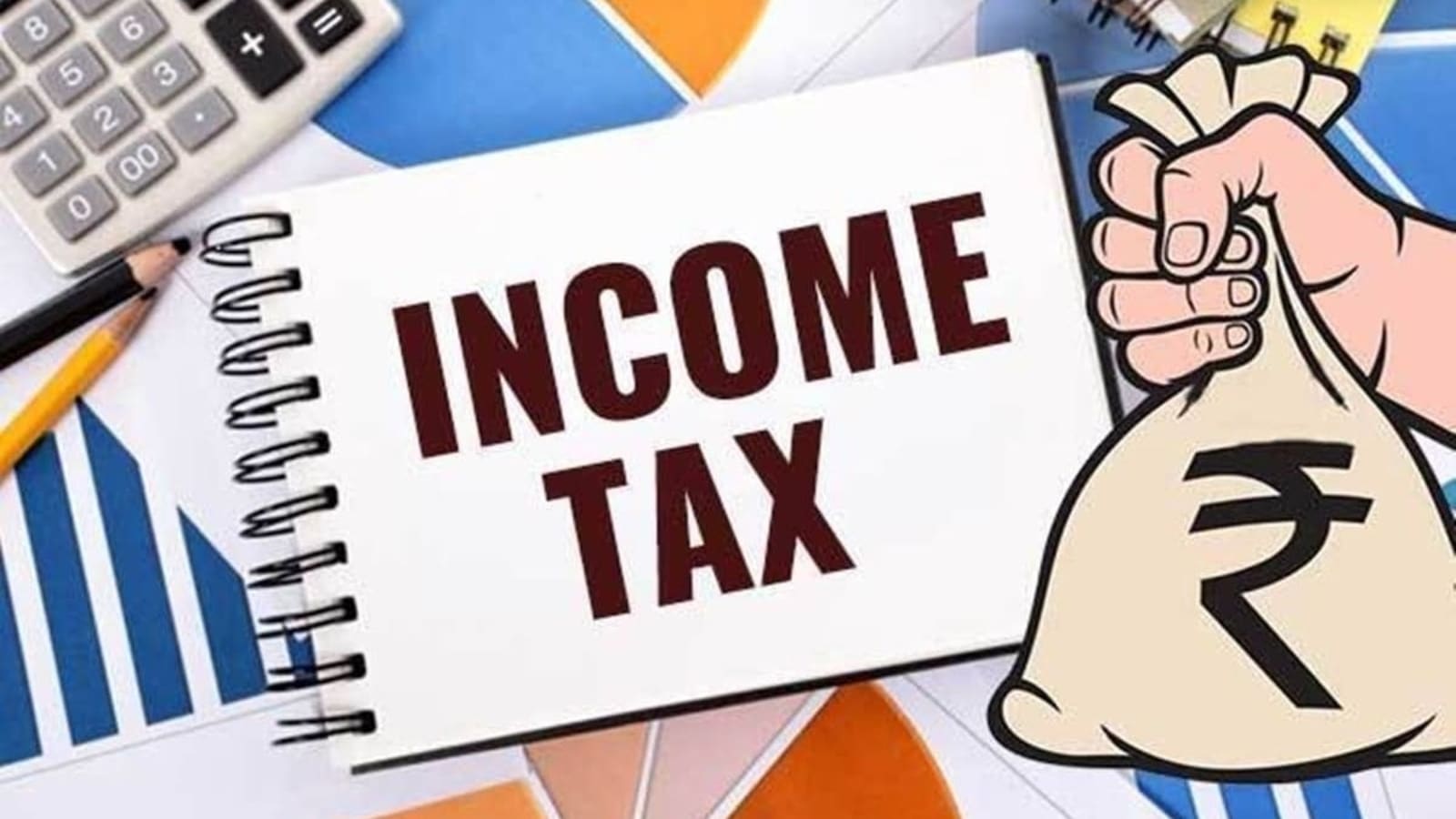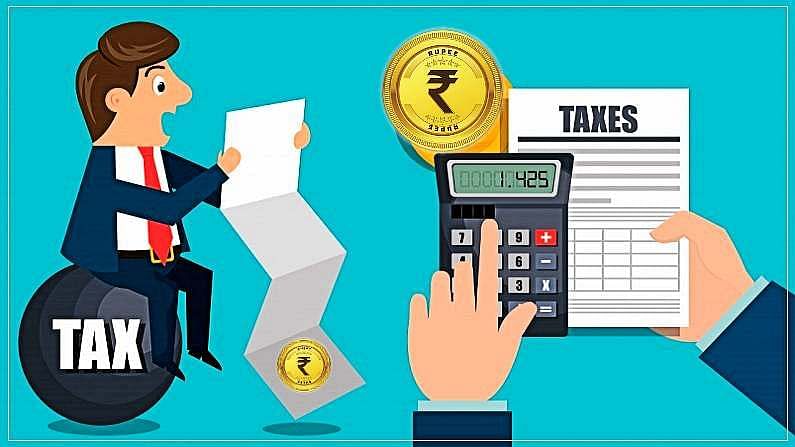INCOME TAX
If you are an individual earning income in India, you need to know the income tax rules that apply to you. Income tax is a direct tax that is levied on your income by the government. It is important to understand the income tax rules so that you can plan your finances and comply with the law. In this blog post, I will explain the basics of income tax rules for individuals in India.
Tax rules for individuals in India depend on their residential status, which is determined by their physical presence in India and past years. There are three types of residential status: resident and ordinarily resident (ROR), resident but not ordinarily resident (RNOR), and non-resident (NR). Residents must pay tax on their global income, i.e. income earned in India and abroad. Non-residents must pay taxes only on their Indian income .
The Indian tax year is from 1 April to 31 March. Individuals must file a separate return of income and joint filing is not permitted. The income tax threshold for individuals below 60 years is Rs 2.5 lakhs and for individuals above 60 years is Rs 3 lakhs. The income tax slab rates for individuals are progressive, meaning that they increase with the net annual income of the individual. The slab rates for FY 2022-23 (AY 2023-24) are as follows:
| Income | Tax Rate |
| Up to Rs 2.5 lakhs | Nil |
| Rs 2.5 lakhs to Rs 5 lakhs | 5% |
| Rs 5 lakhs to Rs 10 lakhs | 20% |
| Above Rs 10 lakhs | 30% |
In addition to the above rates, a surcharge is an additional tax that is levied on the income tax of certain individuals who have a high income. A surcharge of 10% is applicable on income above Rs 50 lakhs and a surcharge of 15% is applicable on income above Rs 1 crore. The surcharge is calculated on the amount of income tax before adding the cess.
A health and education cess of 4% is also levied on the total tax amount. Cess is a charge that is collected by the government for a specific purpose. The health and education cess is used for funding health and education initiatives in the country.
There are various deductions and exemptions available under the Income Tax Act, such as section 80C (investments in specified schemes), section 80D (medical insurance premium), section 80G (donations to charitable institutions), section 10 (13A) (house rent allowance), section 10 (5) (leave travel allowance), etc. These deductions and exemptions help in reducing the taxable income and hence the tax liability of the individual .
I hope this blog post has given you a clear overview of the income tax rules for individuals in India. If you have any queries or suggestions, please feel free to comment below.



No comments:
Post a Comment